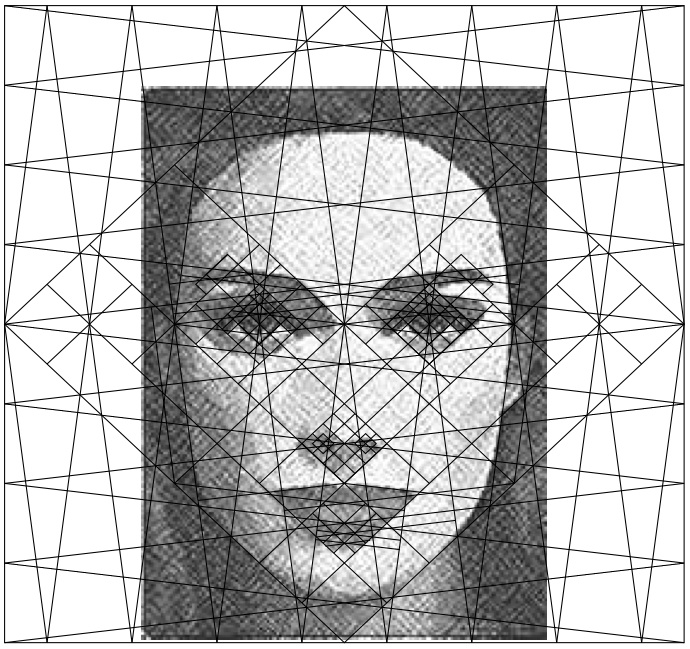Notes Toward Day 4–Under the Knife
Class Keeping
1. Issues with images still? Has been reported to computing and I’ve made some back end adjustments. Other technical issues?
2. Posting frequency. If you’re still having problems logging in, come see us after class.
3. Potential class visitor–Smart Bitch Sarah referenced in Sugar Spice’s post. We’re still deciding if/when this will happen.
4. Class visitors Monday.
5. Writing instruction.
6. Introductions: Gwen, George, Natasha. Wednesday: Marwa, Melanie, Ruth
 Let’s talk Cosmetic Surgery
Let’s talk Cosmetic Surgery
Get into small groups (with at least 1 person for each article) and consider the following:
In what ways do either or both of the articles inform your reading of the NY Times article?
If, as both Dull/West and Banales suggest, cosmetic surgery reinforces a Western ideal of beauty, then what is going on in the NY Times article? What ideal are the women striving for?
Banales critiques feminists who say cosmetic surgery can be empowering because it is a choice. How does this play into the NY Times article?
The Dull/West article focuses primarily on white women, but does mention race and ethnicity. How do race and ethnicity complicate a reading of cosmetic surgery?
How does class further complicate this? If cosmetic surgery is complicit in the idea of “doing gender,” can it also be complicit in “doing class”?
Dull/West explain that many patients and doctors see surgery as similar to dying your hair or wearing makeup. Banales, too, alludes to this comparison. Can a comparison be made? Why or why not?
What conversation might Harraway or Halberstam have with either of these articles?
What struck you in these articles?
For me, the following:
From Dull/West: the whole idea of “doing it for themselves.” My thought was, “is it even possible for these women to do this for themselves?” I think Dull/West and Banales would agree that it’s not possible, even if the results bring about personal satisfaction or rewards.
Also from Dull/West: “‘So I’m basically treating their attitude twoards their own appearance.’ . . . whether surgeions conceptualized the deformity as on the patient or in the patient’s head, they took surgical means to repair it.” This struck me especially in comparison to the experience of many women (myself included) when dealing with disease of being told “it’s all in your head” only to find out later, there really is something physically wrong.
From Banales:The idea of the body as being inscribed on through cosmetic surgery in contrast to both Harraway and Halberstam’s ideas of women inscribing on/through technology.
Also, the idea of socieconomic mobility, something I’ve noted from the one episode of Extreme Makeover that I’ve watched, where the women under the knife is someone whose body has been ravaged not by markers of race, but of class. Having little or no access to medical and dental care, her appearance is much deteriorated (of course, I’m using some sort of ideal here, but you get the idea), and thus, in need of “repair,” and as problematic as that is, there is potential to bring her some real economic rewards and/or power.
Share back your thoughts/ideas.
Share images/artifacts/posts in conversation with the articles.
“Yes, I am guilty of blaming women for their shallowness and for caving under societal pressure to fit a beauty norm.”–Georgia
“I feel that it’s not that these women don’t have the strength to go against their culture–for once they’ve lost their virginity, they’ve already done that. I think it’s that they do not (or believe they do not) have the strength to face their culture’s consequences for their actions. . . . I cannot bring myself to believe that conforming to a western ideology of beauty, hiding oneself and moreover (just as the previous article) lying to oneself, is the way to go.”–Mista Jay
Question: What are culture’s consequences in cases less severe(?), dramatic(?) than hymen replacement surgery?
